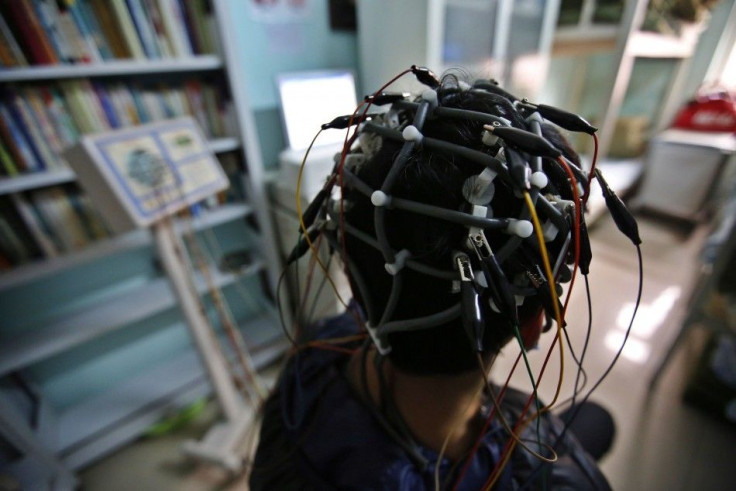Mind to Mind Conversation Across Countries Possible: Researchers Send Greetings via Thoughts
Mind to Mind Conversations Possible With the BCI, but Researchers Say More Development is Needed

Imagine sending a message to another part of the world with another person merely through thoughts would seem impossible, but researchers from the University of Barcelona Harvard Medical School and three companies have made this fantasy a reality. The immediate reaction of a mind to mind conversation would bring in thoughts of telepathy, but their experiment involved brain stimulation equipment and robotics.
Through the experiment that they conducted in March and April they were able to send messages from a person in Kerala, India to another man in Strasbourg, France through thoughts. Because of this, the man in India was connected to a wearable EEG system that recognizes and calculates the tiny electric currents in the brain. This was plugged into a laptop and small electrodes were put on his scalp to record the electric currents. This entire set up is called the Brain Computer Interface (BCI).
Giulio Ruffini, a lead researcher and CEO of Starlabs, Barcelona, said that the BCI system is extremely simple and could be set up easily. There was no definite place where you must set it up, in fact it could be set up anywhere making it more convenient. Ruffini explained that the sender after being trained in imagining certain movements that are associated with specific words thinks 'hola' or 'ciao'. "This gets translated into an electronic signal that is sent through the internet to Strasbourg, nearly 8,000 kilometres away", Ruffini added.
What happened in France was that the receiver was wearing the same in a reverse manner, translating the received electronic symbols back and sent it to the receiver's brain. The reason that the researchers picked India and France was because they wanted to eliminate distance as a barrier for this type of mind to mind communication, also one of the representatives on the Neuroelectrics company that supplied the BCI was also present there. The same experiment was also conducted between Barcelona and Strasbourg and the researchers saw the same output.
In the past this type of experiment was tried successfully but it did not involve words. In August, scientists at the University of Washington made a man move his hand by making another think about it. They were connected by a "brain to brain interface". But this is the first experiment of its kind when words was sent across via the BCI. But Ruffini said that their work was still in its initial stages as the man in India had to concentrate a great deal almost so much that he had to take brief breaks to relax in between and then continue to send the signals. But in the future this may be the new way to communicate.
Their findings are published online journal PLOS-ONE.




















